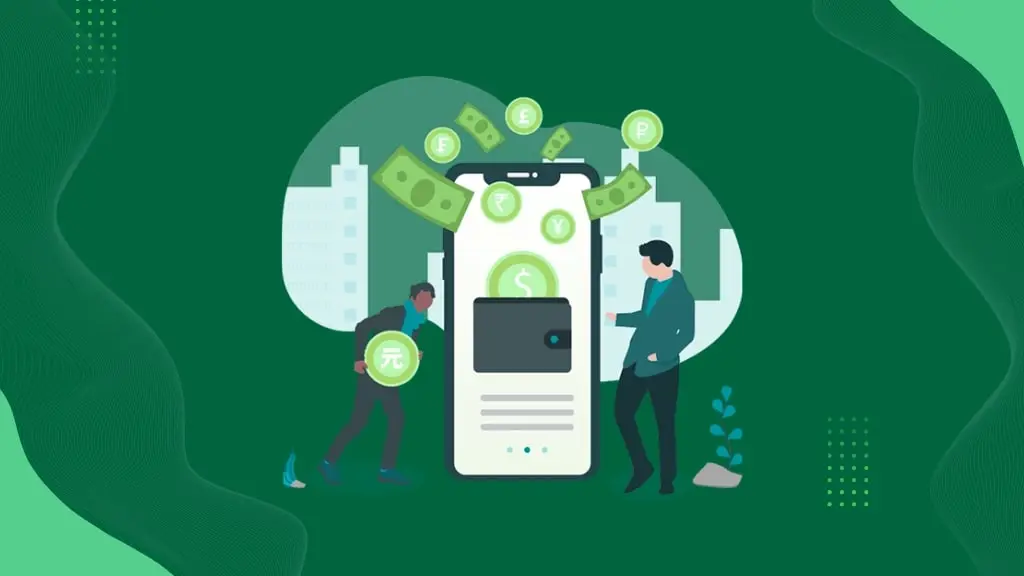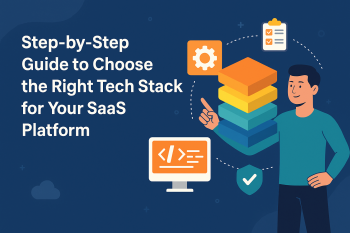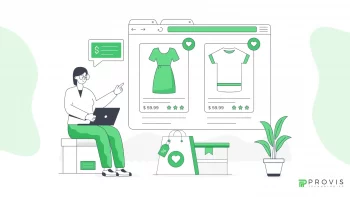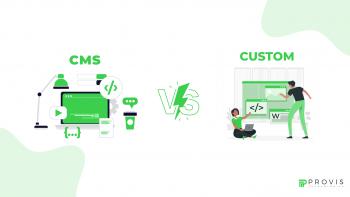Introduction
In today’s fast-paced digital world, mobile apps have become a cornerstone for successful e-commerce businesses. With consumers increasingly relying on smartphones for shopping, mobile app development is essential for driving sales and enhancing customer experiences.
This article explores how mobile apps contribute to boosting e-commerce sales and why they are a must-have for any business.
Why Mobile Apps Matter for E-commerce
1. Convenience for Shoppers
Mobile apps offer unparalleled convenience. Users can browse, shop, and pay within seconds.
• Seamless Experience: Apps are faster and easier to navigate than websites.
• 24/7 Accessibility: Shoppers can purchase anytime, anywhere.
• Saved Preferences: Apps remember user preferences, making future purchases quicker.
2. Enhanced User Engagement
Mobile apps keep users engaged with personalized features like:
• Push Notifications: Notify users about sales, discounts, or product launches.
• Gamification: Use rewards and challenges to keep users hooked.
• Exclusive Offers: Provide app-only deals to encourage downloads and purchases.
3. Faster Checkout Process
Nobody likes a complicated checkout process. Apps simplify this by offering:
• One-Tap Payments: Save card details for faster transactions.
• Multiple Payment Options: Include digital wallets, credit/debit cards, and BNPL.
• Streamlined Interfaces: Minimize steps to complete a purchase.
Features That Make Mobile Apps Drive Sales
1. Personalization
Mobile apps use data to tailor the user experience.
• Product Recommendations: Show items based on browsing history.
• Customized Notifications: Send relevant updates to each user.
• User-Centric Layouts: Adapt designs to match user preferences.
2. Integration with Loyalty Programs
Reward customers directly through the app.
• Offer loyalty points, exclusive discounts, and referral benefits.
• Keep users coming back by showcasing their rewards progress.
3. Offline Functionality
Some apps allow users to browse products without an internet connection.
• This ensures users remain engaged, even with limited connectivity.
• Syncing data once they’re online makes the experience seamless.
4. AR and VR Capabilities
Augmented Reality (AR) takes shopping to the next level.
• Let users virtually try on products like clothes or makeup.
• Use VR to offer immersive shopping experiences, like virtual store tours.
Mobile App Success Stories in E-commerce
1. Amazon
Amazon’s app is a benchmark for e-commerce success.
• One-Click Buying: Simplifies purchases.
• Prime Membership Benefits: Offers app-exclusive deals and fast delivery.
2. IKEA
IKEA’s app uses AR to let users visualize furniture in their homes.
• Boosts confidence in purchases.
• Increases app engagement time.
3. Nike
Nike’s app combines personalization with loyalty features.
• Users get tailored recommendations.
• Exclusive drops drive app downloads and sales.
The Technical Side: What Goes Into Building an E-commerce App
1. User-Centric Design
Apps should focus on usability.
• Clean interfaces and simple navigation are key.
• Incorporate search and filter options for easy product discovery.
2. Scalability
Ensure the app can handle growing traffic and transactions.
• Use cloud-based servers.
• Optimize for speed and reliability.
3. Security
Shoppers need to trust your app.
• Use encryption for payment data.
• Integrate multi-factor authentication for added protection.
4. Analytics and Insights
Track user behavior to refine the experience.
• Understand what products are popular.
• Identify pain points in the shopping process.
Conclusion
Mobile apps have become indispensable for e-commerce success. They provide a smoother, faster, and more engaging shopping experience, directly contributing to higher sales and better customer retention.
Investing in mobile app development is no longer optional; it’s a necessity for staying competitive in today’s market. By offering personalization, enhanced engagement, and advanced features like AR, your e-commerce app can become a powerful tool for growth.
FAQs About Mobile App Development for E-commerce
1. Why is a mobile app better than a mobile website for e-commerce?
Apps offer faster performance, better personalization, and offline capabilities, making them more engaging for users.
2. How does a mobile app boost customer loyalty?
Apps provide a direct line of communication through notifications, loyalty programs, and personalized offers.
3. What features are essential for an e-commerce mobile app?
Key features include one-tap payments, personalized recommendations, push notifications, and AR integration.
4. Are mobile apps costly to develop for small businesses?
While apps require an initial investment, they drive long-term ROI by increasing sales and improving customer retention.
5. Can an app improve customer retention?
Yes, apps keep users engaged with features like loyalty rewards, exclusive deals, and a seamless shopping experience.
Written By
Author's Picks
- Top Customer Service Software Platforms for E-commerce Success
- 21/01/2025
- How to Recover Abandoned Carts Using WhatsApp & SMS Automation
- 22/04/2025
- Top Reasons Why WooCommerce is One of the Best E-commerce Platforms
- 15/03/2024
Categories
- AI for Startups
- AI in Web Development
- AI Integration
- AI Platforms
- AI Prompt
- AI Tools
- AI Trading Software
- Android App
- Android vs iOS Development
- Angular
- API
- API Development
- App
- app development
- App Idea
- App User Feedback
- Application
- Artificial Intelligence
- Audit Services
- Automotive Industry
- Awards and Recognition
- Business Consulting
- Business Website
- Chatbots
- CRM
- CRM for Financial Advisors
- Custom CRM
- Custom SaaS
- Custom Website
- Customer Service
- dashboard design
- Developing a Mobile App
- Digital Business
- E-commerce
- EMR Integration
- Finance
- Financial Advisors
- Financial Advisors
- GIT
- Health Insurance
- iOS App
- iOS App Development
- IoT Mobile App Development
- IoT Platforms
- IT Audit Services
- IT Consulting
- IT Strategies
- Java Development
- Laravel
- Lean Canvas
- Learning Management System
- Logistics Apps
- Mobile App Development
- MVP
- Native App
- News Aggregator Site
- OTT
- Outsourcing IT
- Payment Gateway
- predictive analysis
- Product Launch Strategy
- Progressive Web App (PWA)
- Prototype
- Recommender Systems
- Ruby
- SaaS
- SaaS Application
- SaaS Business
- SaaS Company
- SaaS Development
- SaaS Product
- SaaS Project
- Sales Funnel
- SEO
- Shopping Cart
- Software Development
- SSL and TLS
- Startup Checklist
- Technology
- Tetradic Color Scheme
- UI/UX Design Company
- Unit Testing
- User Flow
- User Testing
- Web Development
- Web Performance Optimization
- website Maintenance Services
- Website Migration Service
- Website Speed Optimization
- WooCommerce
- WordPress





